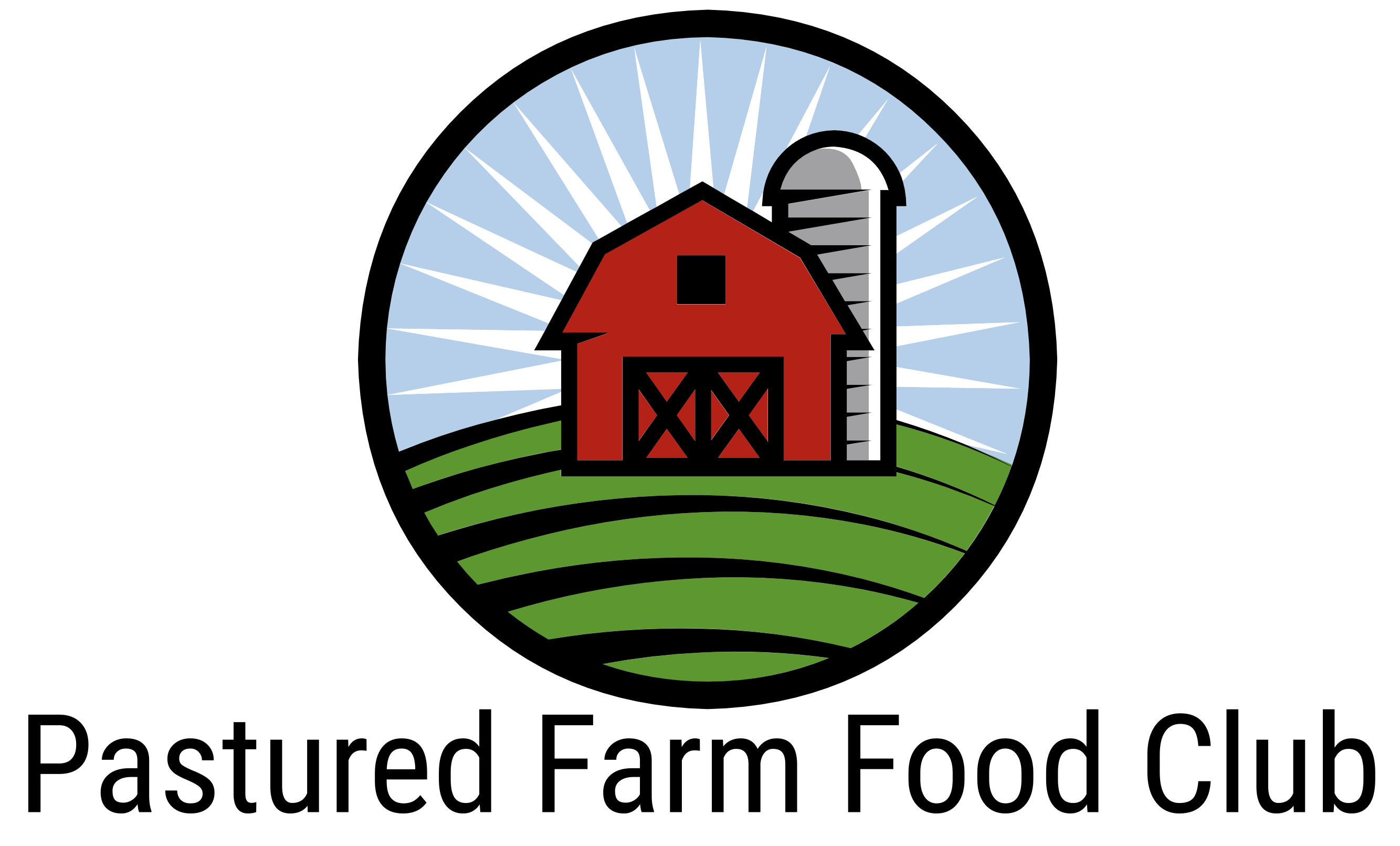Got A2/A2 Milk?
February 8, 2025
What is A2/A2 milk?
Thousands of years ago, there was a genetic mutation in cows in Europe. This mutation made them produce a new type of beta-casein protein – A1. Before this point, cows (just like humans and most mammals) produced milk strictly with A2 beta-casein protein. Over time, those European cows have been selectively bred (and now, in some cases, genetically engineered) into the white and black spotted Holstein cow. They made their way to the US, Australia, and New Zealand and now dominate the dairy industry. Basically, all milk found in American grocery stores is A1/A2.
Modern research shows that humans cannot fully digest the A1 beta-casein protein and that it has an opiate effect on the body. In some cases, humans have developed chronic digestive problems from drinking A1/A2 milk, particularly those from countries like India, where cows were not affected by genetic mutation so long ago.

All proteins are long chains of amino acids. Beta casein is a chain 229 amino acids in length. Cows who produce this protein in their milk with a proline at number 67 are called A2 cows, and are the older breeds of cows (e.g. Jerseys, Asian and African cows). But some 5,000 years ago, a mutation occurred in this proline amino acid, converting it to histidine. Cows that have this mutated beta casein are called A1 cows, and include breeds like Holstein.

Proline has a strong bond to a small protein called BCM 7, which helps keep it from getting into the milk, so that essentially no BCM 7 is found in the urine, blood or GI tract of old-fashioned A2 cows. On the other hand, histidine, the mutated protein, only weakly holds on to BCM 7, so it is liberated in the GI tract of animals and humans who drink A1 cow milk.
BCM 7 has been shown to cause neurological impairment in animals and people exposed to it, especially autistic and schizophrenic changes. BCM 7 interferes with the immune response, and injecting BCM 7 in animal models has been shown to provoke type 1 diabetes. Dr. Woodford’s book presents research showing a direct correlation between a population’s exposure to A1 cow’s milk and incidence of autoimmune disease, heart disease, type 1 diabetes, autism, and schizophrenia.
Simply switching breeds of cows could result in amazing health benefits.
It’s pretty easy for us to tell what kind of milk a cow produces. First, we know that the Jersey and Guernsey varieties of cows produce milk with a higher concentration of A2 beta-casein protein. Our farm has 80% Jersey and 20% Jersey crosses. Second, we do a simple genetic on every one of our cows using a hair sample. This test tells us which proteins the cow produces.

So we’ve tested our cows and these are the lab results!!!

